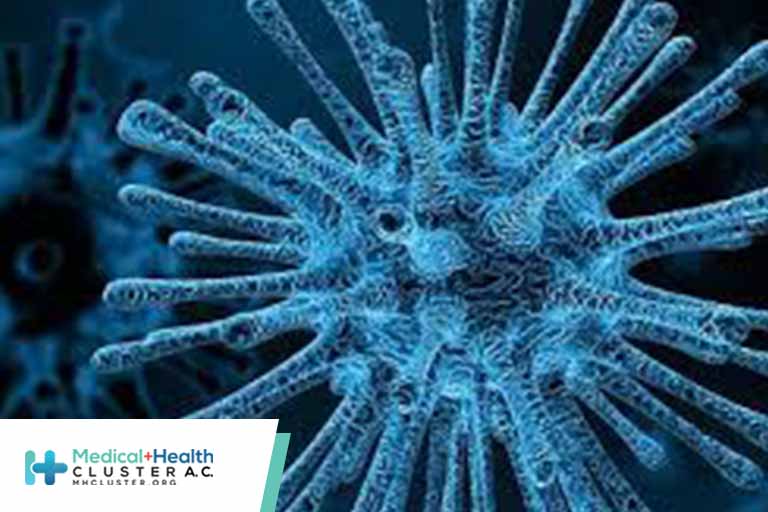Supported by Bristol Myers Squibb in collaboration with Ono Pharmaceutical. Dr. Bajorin is supported by a grant from the National Institutes of Health (P30 CA008748). The authors received no financial support or compensation for publication of this manuscript.
Disclosure forms provided by the authors are available with the full text of this article at NEJM.org.
Dr. Bajorin reports receiving consulting fees from Bristol Myers Squibb, Fidia Pharma USA, and Merck; Dr. Witjes, receiving lecture fees from Astellas Pharma and consulting fees from AstraZeneca, Bristol Myers Squibb, Ferring Pharmaceuticals, Ipsen Biopharmaceuticals, Janssen Biotech, Merck, and Sanofi Pasteur; Dr. Gschwend, receiving advisory board fees from Bristol Myers Squibb; Dr. Schenker, receiving grant support from AbbVie, Amgen, Astellas Pharma, AstraZeneca, Bayer Healthcare, Bristol Myers Squibb, Celgene, Clovis Oncology, Eli Lilly, F. Hoffmann–La Roche, Gilead Sciences, GlaxoSmithKline, Merck, Merck Sharp and Dohme, Mylan, Novartis, Pfizer, Regeneron Pharmaceuticals, and Tesaro; Dr. Valderrama, receiving lecture fees, consulting fees, and travel support from Astellas Pharma and Bristol Myers Squibb, lecture fees and consulting fees from Bayer Healthcare and EUSA Pharma, consulting fees and travel support from F. Hoffmann–La Roche, Ipsen Biopharmaceuticals, and Pfizer, consulting fees from Merck, Merck Sharp and Dohme, Novartis Pharma, Pierre Fabre Pharmaceuticals, and Sanofi-Aventis, and lecture fees from Roche; Dr. Tomita, receiving grant support and lecture fees from Astellas Pharma and Takeda Pharmaceutical, lecture fees from Bristol Myers Squibb, Novartis Pharma, and Pfizer, grant support from Chugai Pharmaceutical, and grant support, lecture fees, and consulting fees from Ono Pharmaceutical; Dr. Bamias, receiving grant support, paid to Hellenic Genitourinary Cancer Group, advisory board fees, and lecture fees from Bristol Myers Squibb, grant support, paid to National and Kapodistrian University of Athens, lecture fees, steering committee fees, and advisory board fees from F. Hoffmann–La Roche, advisory board fees and lecture fees from Ipsen Pharma and Merck Sharp and Dohme, grant support, paid to National and Kapodistrian University of Athens, from Janssen, and grant support, paid to Hellenic Genitourinary Cancer Group, from Pfizer; Dr. Lebret, receiving travel support from Astellas Pharma, consulting fees from AstraZeneca, Ferring Pharmaceuticals, and Ipsen Fund, and advisory board fees from Bayer Healthcare and Bristol Myers Squibb; Dr. Shariat, receiving advisory board fees, lecture fees, and travel support from Astellas Pharma and advisory board fees and lecture fees from AstraZeneca, Bayer, Bristol Myers Squibb, Cepheid, Ferring Pharmaceuticals, Ipsen Biopharm, Janssen Biotech, Merck, Merck Sharp and Dohme, Olympus Therapeutics, Pierre Fabre Pharmaceuticals, Richard Wolf Medical Instruments, Roche Products, and Sanofi Pasteur; Dr. Enting, receiving travel support from Janssen Biotech, Merck, and Pfizer; Dr. McDermott, receiving advisory board fees from Astellas Pharma, Bayer, Bristol Myers Squibb, Clovis Oncology, F. Hoffmann–La Roche, Ipsen Biopharm, Janssen Biotech, Merck, and Pfizer and clinical trial fees from Regeneron Pharmaceuticals; Dr. Gajate, receiving lecture fees from Bristol Myers Squibb and Pfizer and lecture fees and advisory board fees from Roche; Dr. Peer, receiving consulting fees and lecture fees from AstraZeneca, Bayer, Bristol Myers Squibb, Eisai, F. Hoffmann–La Roche, Merck Sharp and Dohme, and Pfizer; Dr. Milowsky, receiving consulting fees, paid to his institution, from Asieris Pharmaceuticals and serving as a clinical trial investigator for Acerta Pharma, Astellas Pharma, Bristol Myers Squibb, Clovis Oncology, Constellation Pharmaceuticals, Genentech, Incyte, Innocrin, Inovio Pharmaceuticals, Johnson & Johnson Healthcare Systems, Merck, Mirati Therapeutics, Pfizer, Roche, Seagen, Syndax Pharmaceuticals, and X4 Pharmaceuticals; Drs. Toms and Fischer, being employed by and owning stock in Bristol Myers Squibb; Dr. Qureshi, being employed by Bristol Myers Squibb; Ms. Collette and Drs. Unsal-Kacmaz, Broughton, Zardavas, and Koon, being employed by and owning stock options in Bristol Myers Squibb; and Dr. Galsky, receiving consulting fees from Astellas Pharma, Basilea, Bristol Myers Squibb, Dracen Pharmaceuticals, Dragonfly Therapeutics, Genentech, GlaxoSmithKline, Incyte, Janssen Biotech, Merck, Numab Therapeutics, Pfizer, Rappta Therapeutics, and Seattle Genetics and advisory board fees from AstraZeneca. No other potential conflict of interest relevant to this article was reported.
A data sharing statement provided by the authors is available with the full text of this article at NEJM.org.
We thank the patients and their families for making this trial possible; the staff of Dako, an Agilent Technologies company, for collaborative development of the PD-L1 IHC 28-8 pharmDx assay; Alex Azrilevich, Pharm.D., who contributed to the trial concept and design; Benedicte Marchal, M.Sc., who served as the protocol manager for the trial; and Nicolette Belletier, Ph.D., of Parexel, who was supported by the sponsor for professional medical writing assistance with an earlier version of the manuscript.





